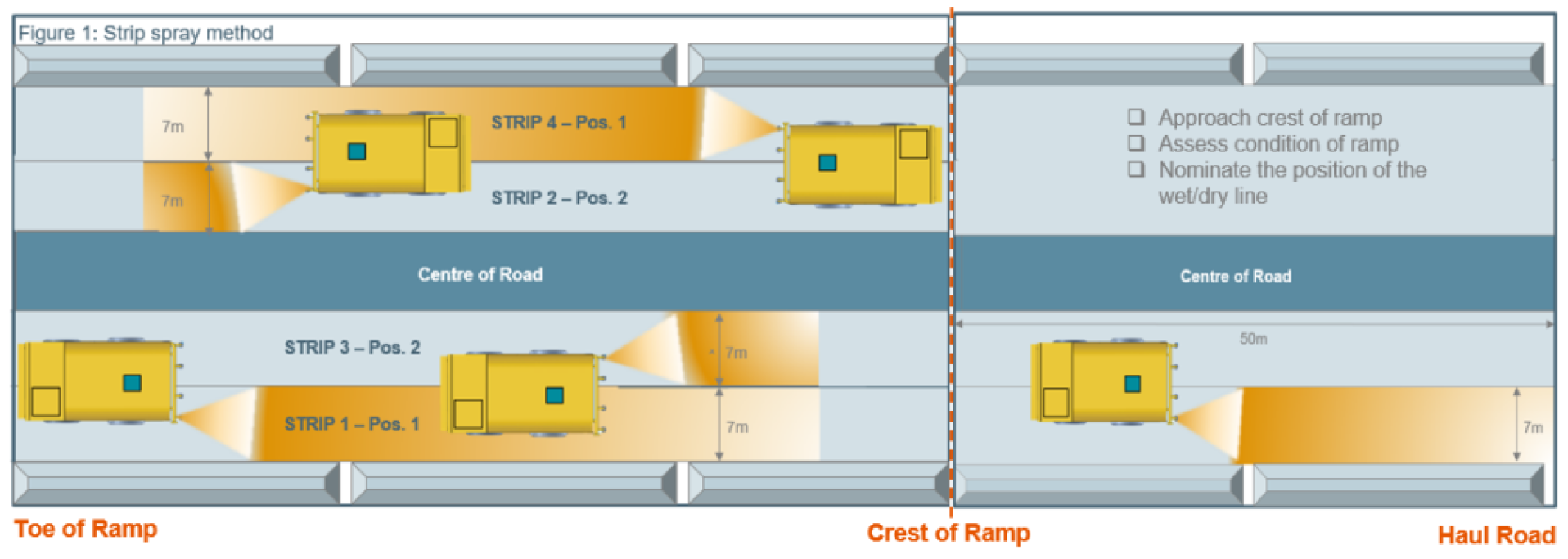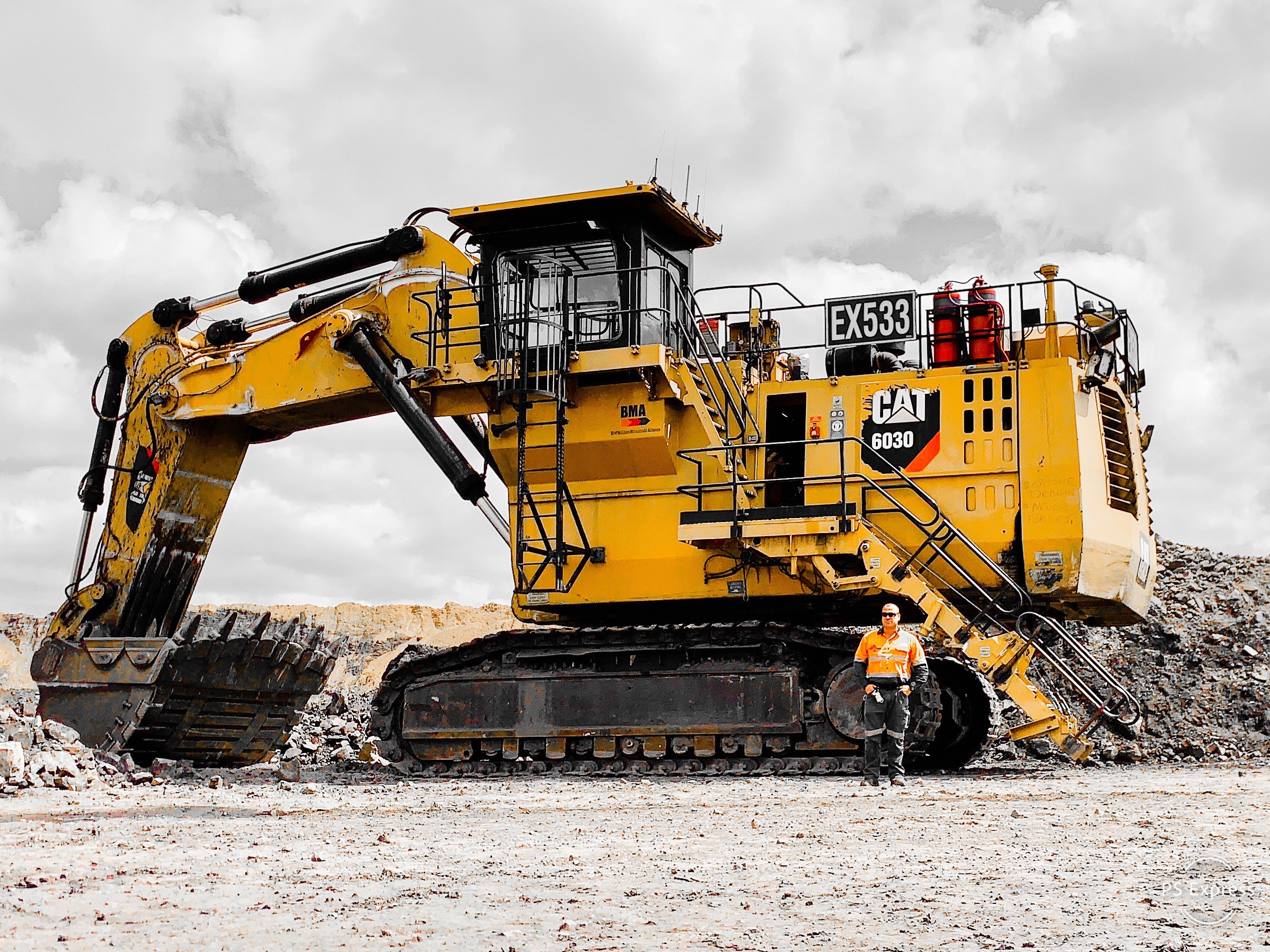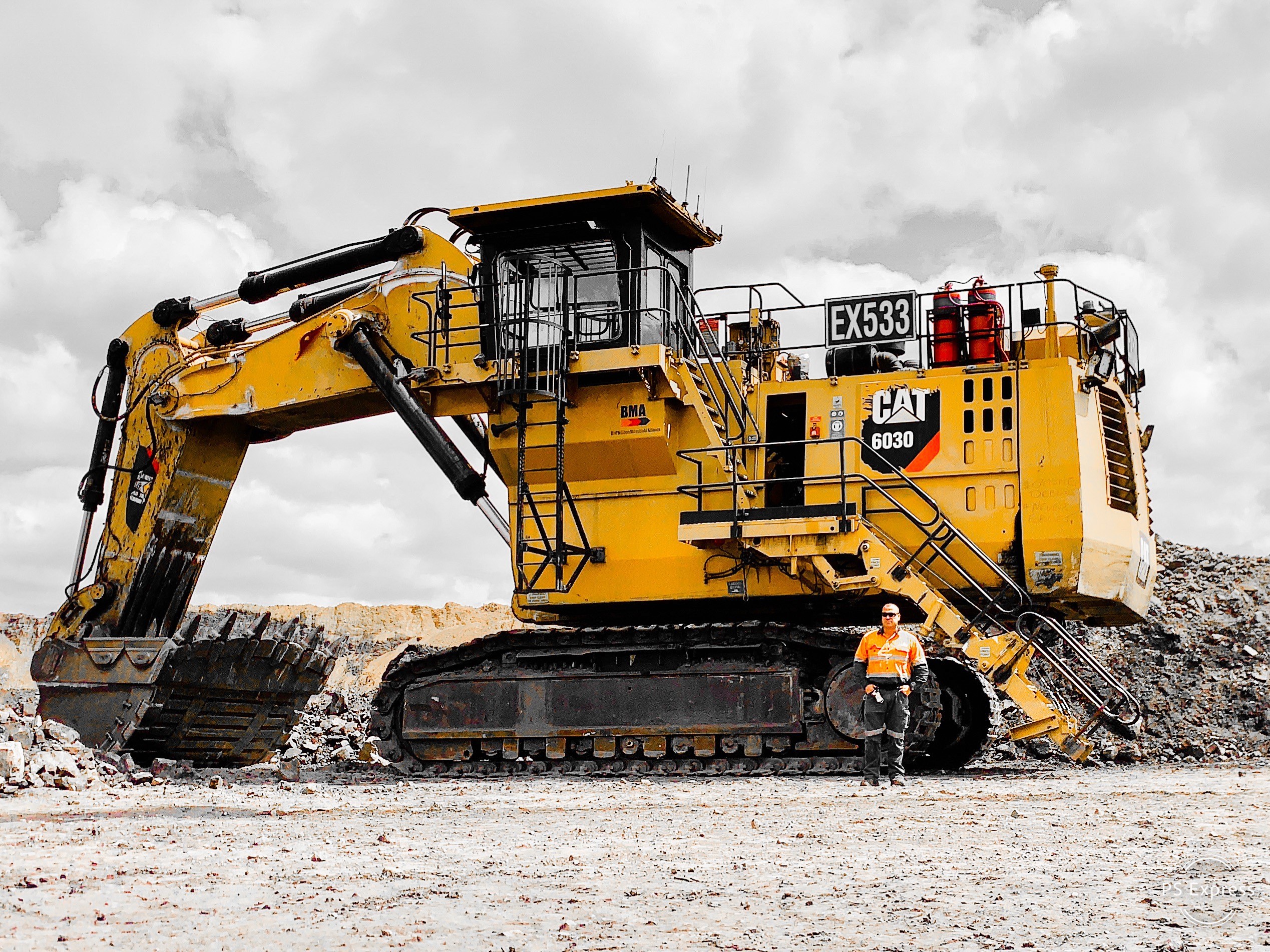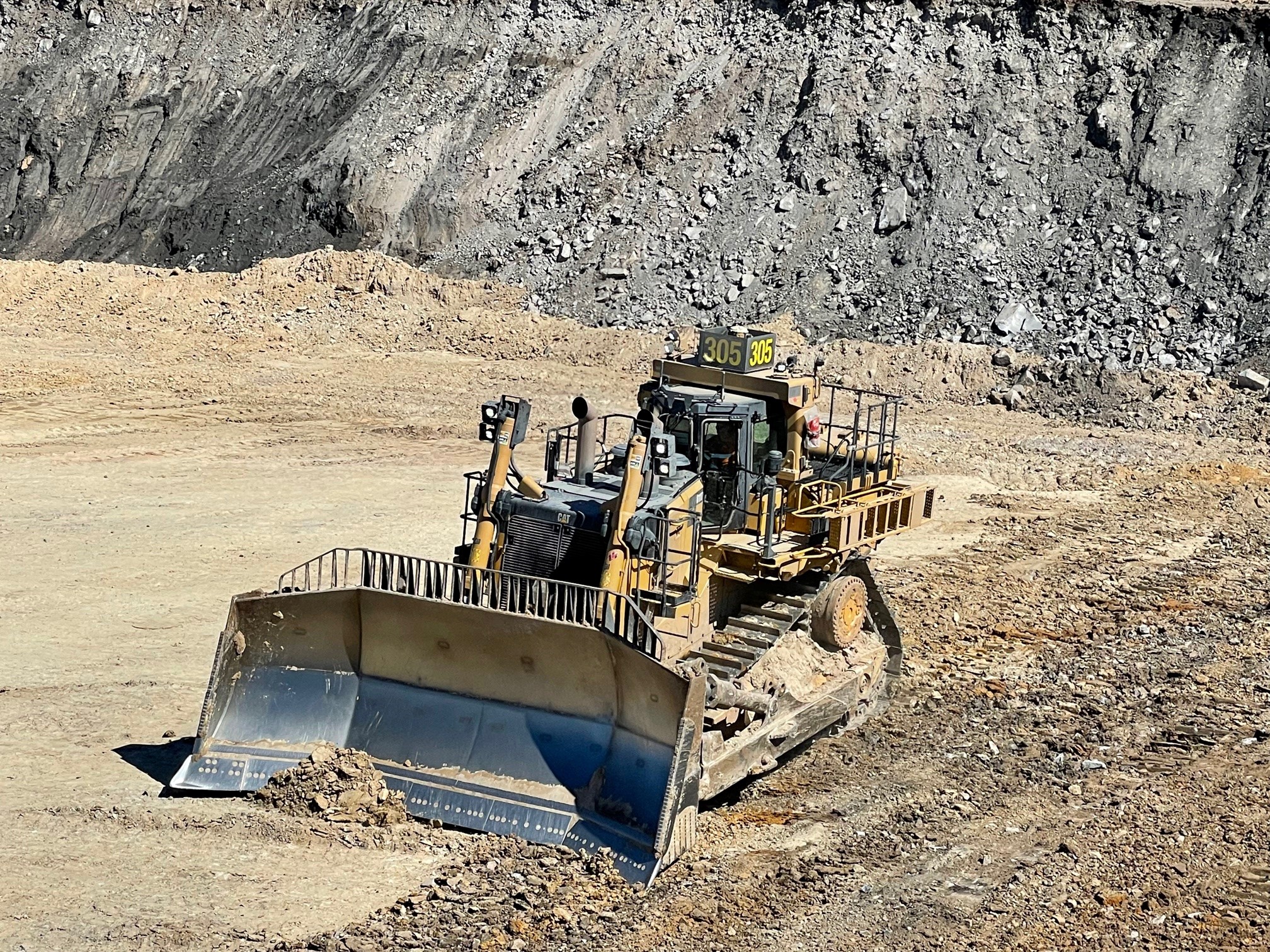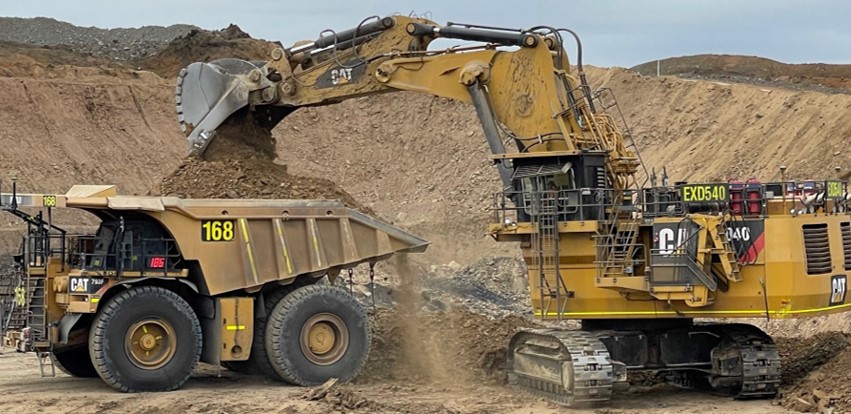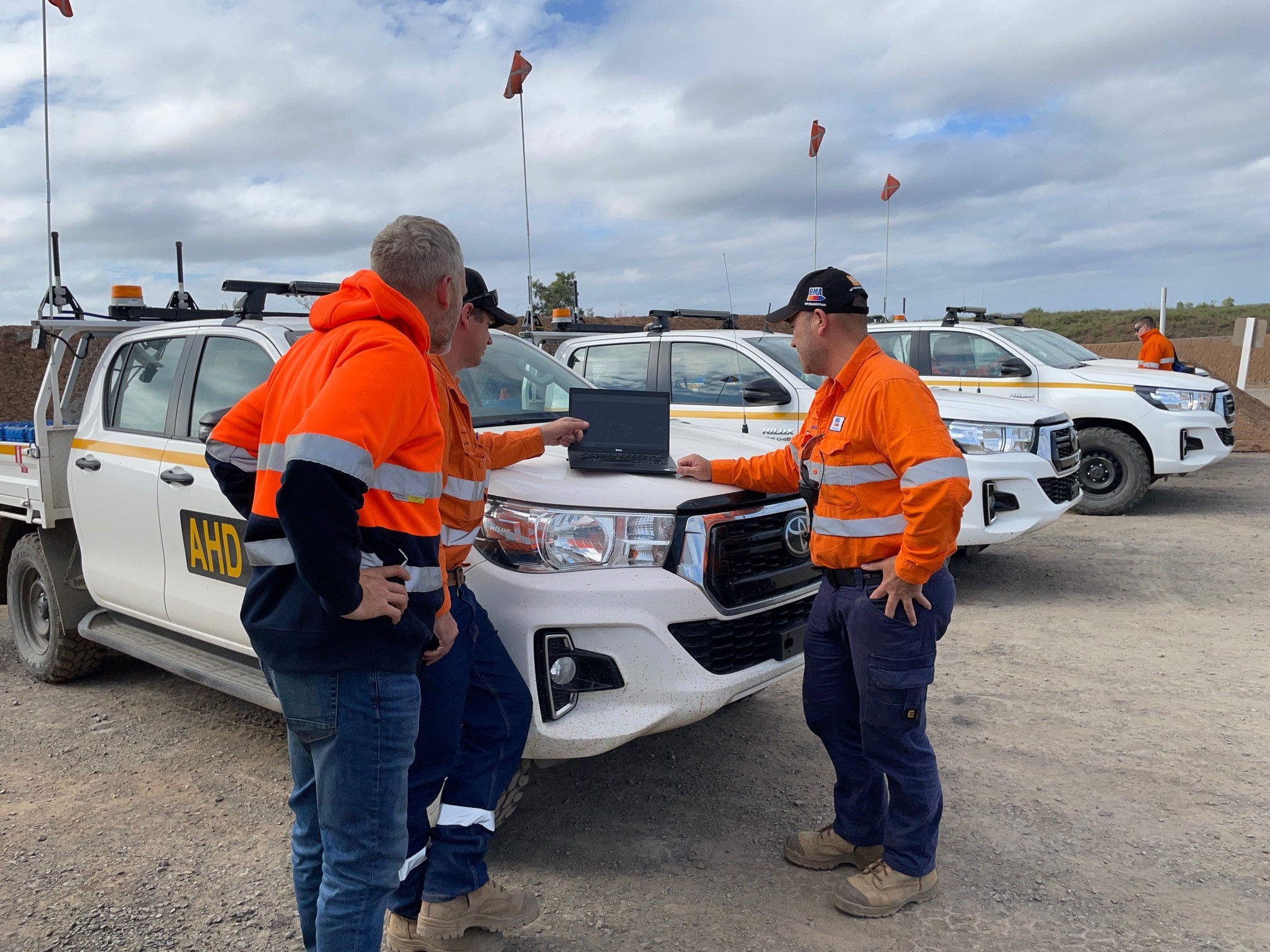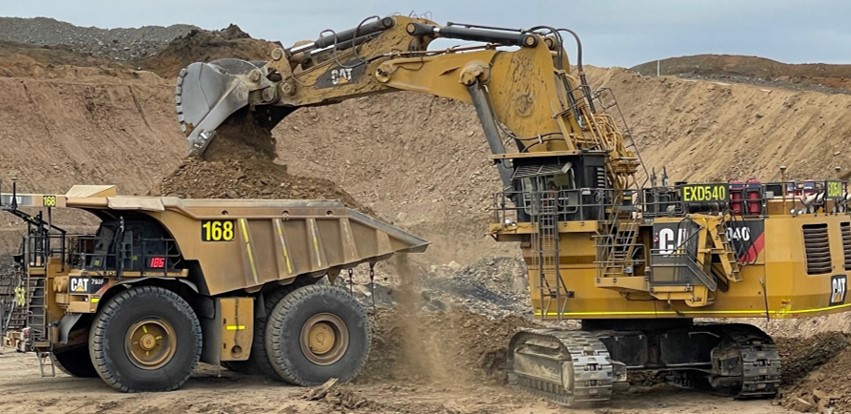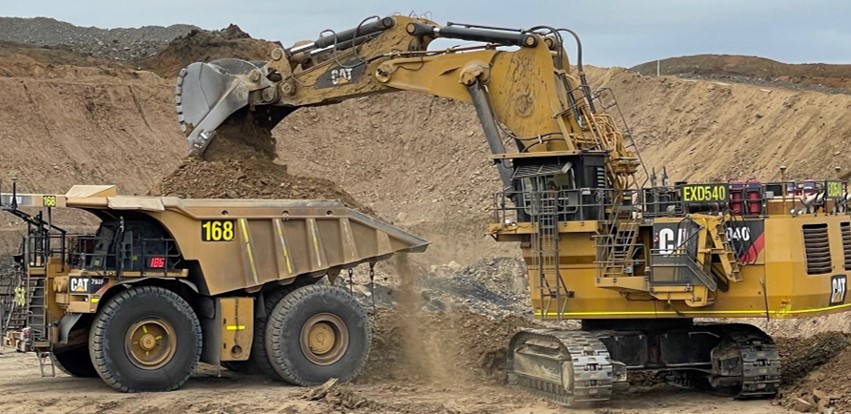Title Page
-
Site conducted
-
Coaching and Observation Date
-
Water Truck Unit ID and it's Location
-
CMW Conducted on
-
Observation conducted by:
Proficiency Scoring System
-
For each criteria in this Field Verification provide a score from 1 - 5 to indicate the Field Officer's level of proficiency. The scoring system is as follows:
-
1. Not yet trained/does not understand the task/skill.
-
2. Has basic understanding of the task, but doesn’t always recognise when task needs to be performed, or cannot to perform the task without assistance.
-
3. Mostly understands the task but still requires further coaching to operate at the required level. Performs the task when required.
-
4. Competent – understands the task and completes it every time.
-
. Has mastered the skill, could be considered an expert.
Good Performance is
-
Ensure to communicate with other water cart operators and road maintenance activities to ensure operations are well coordinated
-
Strip watering must commence before the crest of any ramp and before the start of and significant bend or corner
-
Give way to AHT to allow them to flow
-
Water trucks must notify other plant operators on ChA4 if commencing to water down a pit or dump ramp.
-
Call out changing AOZ conditions to AH Control, OCE’s or your Supervisor immediately
-
If ramp is overwatered immediately communicate to Field Officer, AH Control and supervision.
-
Correct water method for Daunia Mine (Strip Spraying)
Observation and Assessment of CMW Performance
AHS Operations
-
Does Operator test the Reverse Switch to check that the status reads as REV on the TOPE information bar
-
Did operator conduct LOADS Check
- 1
- 2
- 3
- 4
- 5
- N/A
-
Does Operator approaches intersections with caution/stops for AHT’s, to allow AHT traffic to flow
- 1
- 2
- 3
- 4
- 5
- N/A
-
Does Water truck operator understand how (proxitmity cautions and events) occurred due to predicted path and being out of lane.
- 1
- 2
- 3
- 4
- 5
- N/A
-
Does the Operator understand that when inside the dynamic area (dig and dump floors) that they are always classed out of lane.
- 1
- 2
- 3
- 4
- 5
- N/A
-
Does operator understand how to react to a communications loss in the AOZ.
- 1
- 2
- 3
- 4
- 5
- N/A
-
Does Water Truck operator monitor the traction indicators that the field offices put down in a ZigZag patten and adjust watering accordingly.
- 1
- 2
- 3
- 4
- 5
- N/A
-
Is Water Truck operator aware that traveling on active circuits has impacts by applying traction zone down for 10min and should therefore limit non required travel.
- 1
- 2
- 3
- 4
- 5
- N/A
-
Does the operator understand that when applying water, they must ensure that an AHT has one set of rear duel wheels in the dry.
- 1
- 2
- 3
- 4
- 5
- N/A
-
Does operator know what virtual controls they can request and use if they have created a hazard by overwatering: Etc. speed restrictions, traction zone, lane lock
- 1
- 2
- 3
- 4
- 5
- N/A
-
Does operator know what will class you as out of lane, when in Lane. Etc. Veer across lane/drive erratically, Drive the wrong way in the lane, Reverse in the lane
- 1
- 2
- 3
- 4
- 5
- N/A
Grader Operations
-
Does Operator communicate with other water truck operators and road maintenance activities to ensure operations are well coordinated
- 1
- 2
- 3
- 4
- 5
- N/A
-
Is water Trucks operator gaining positive communication from loading units before turning in front of an AHT being loaded.
- 1
- 2
- 3
- 4
- 5
- N/A
-
Does operator know what virtual controls they can request and use if they have created a hazard by overwatering: Etc. speed restrictions, traction zone, lane lock
- 1
- 2
- 3
- 4
- 5
- N/A
-
Operator maintains adequate dry areas at all times.
- 1
- 2
- 3
- 4
- 5
- N/A
-
Operator selects the correct water method (Strip Spraying)
- 1
- 2
- 3
- 4
- 5
- N/A
-
If ramp is overwatered, does the Operator immediately communicate to Field Officer, AH Control and supervision.
- 1
- 2
- 3
- 4
- 5
- N/A
-
Does Operator ensure the desired watering pattern commences at a minimum 50m before crest of ramps, corners, bends, and intersections.
- 1
- 2
- 3
- 4
- 5
- N/A
Trainers Notes and Feed back
-
Do you have any feedback for the CMW, that you did the Proficiency Observation on.
-
Does the CMW have any feedback for you?






